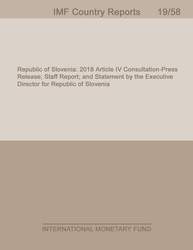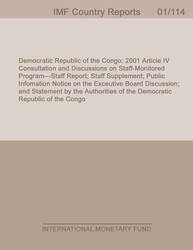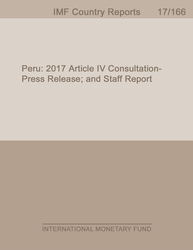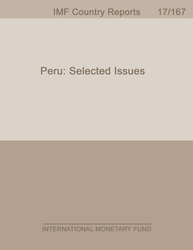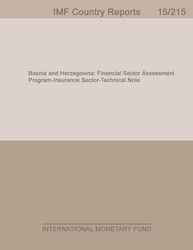
Bosnia and Herzegovina: Financial Sector Assessment Program-Insurance Sector-Technical Note
EXECUTIVE SUMMARY The insurance sector in Bosnia and Herzegovina (BiH) has been growing in recent years but remains small. The total assets of the insurance companies stood at KM 1.2 billion, or about 5 percent of the financial sector assets as of end-2013. Insurance penetration is low at about 2.1 percent of GDP, resulting in vast uninsured risks. The sector collected KM 527 million in premiums in 2013, a 4.3 percent increase from a year earlier. The nonlife insurance sector collects over 80 percent of the insurance premium, including about two-thirds from the mandatory Motor Third Party liability insurance (MTPL). About half of insurance sector assets are held in bank deposits. Ten insurance companies, accounting for 40 percent of the nonlife market, have low solvency margins and may require supervisory action in the near future. The sector's resilience could be understated since the Solvency I capital requirements do not incorporate all the relevant risks. While liquidity is not a major risk given the high share of bank deposits in assets, a few insurers are heavily exposed to real estate and hold large amounts of receivables. Life insurance is relatively new and has low interest rate risk. MTPL insurance remains under pressure as market participants are not always compliant with the statutory tariff. In some cases, competition has led to insufficient premiums for the risks assumed. Market participants are bypassing regulations for tariffs and commissions. Technical provisions depend heavily on the views of appointed actuaries working for the companies while the regulations do not call for external actuarial audits. Actuarial reviews are carried out but of independent reviews of technical provisions are necessary. Insurance regulation has improved in both entities but the level of harmonization between entities and with the EU directives is still insufficient. It is expected that the Insurance Agency of Bosnia and Herzegovina (BiH-IA) will enhance the harmonization of entity-level regulations within BiH as well as with the EU insurance directives. While the main laws regulating insurance activities: the Insurance Law, Contract Law, the Law on Intermediaries and the MTPL law do not have significant disparities across the entities there have been occasional differences in the legal framework as the amendments have been carried out at different times. The existing disparities and their implications on the effectiveness and decisiveness of the supervision are reflected in this assessment. Since the 2006 FSAP, each supervisory agency has shown some progress. The previous FSAP found the Insurance Supervision Agency in the Republika Srpska (RS-ISA) not operational. However, commendable progress has been achieved since then: the staff has been doubled and has a mix of professionals with legal and actuarial backgrounds; operational processes and internal controls, as well as supervisory and inspections manuals are in place. As a result, the RS-ISA is well positioned to supervise the market. The FBIH-ISA took over the function of the old Insurance Supervision agency (ISA). While the FBiH-ISA inherited a number of experienced staff, the legacy problems hindered a fresh turn-around for the new agency. Hence, the progress at the FBiH-ISA has been fairly limited.
Publication date: August 2015
ISBN: 9781513566405
$18.00
Add to Cart by clicking price of the language and format you'd like to purchase
Available Languages and Formats
| English |
Prices in red indicate formats that are not yet available but are forthcoming.
Topics covered in this book
This title contains information about the following subjects.
Click on a subject if you would like to see other titles with the same subjects.
Money and Monetary Policy , International - Economics , Public Policy ,
Also of interest
Summary
